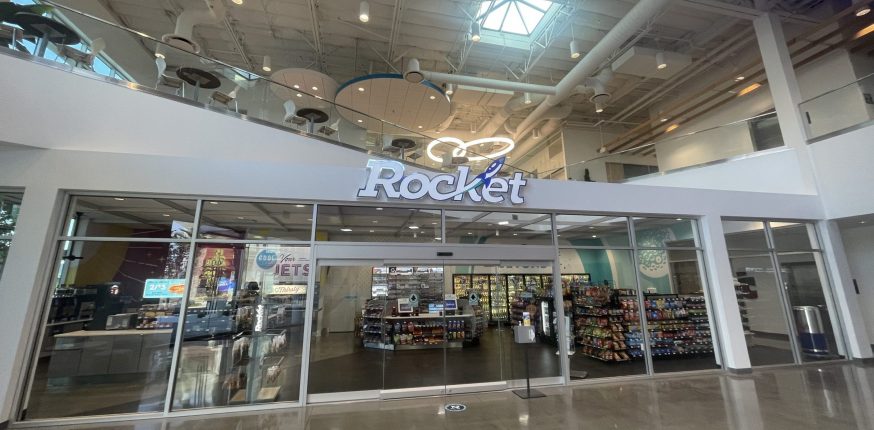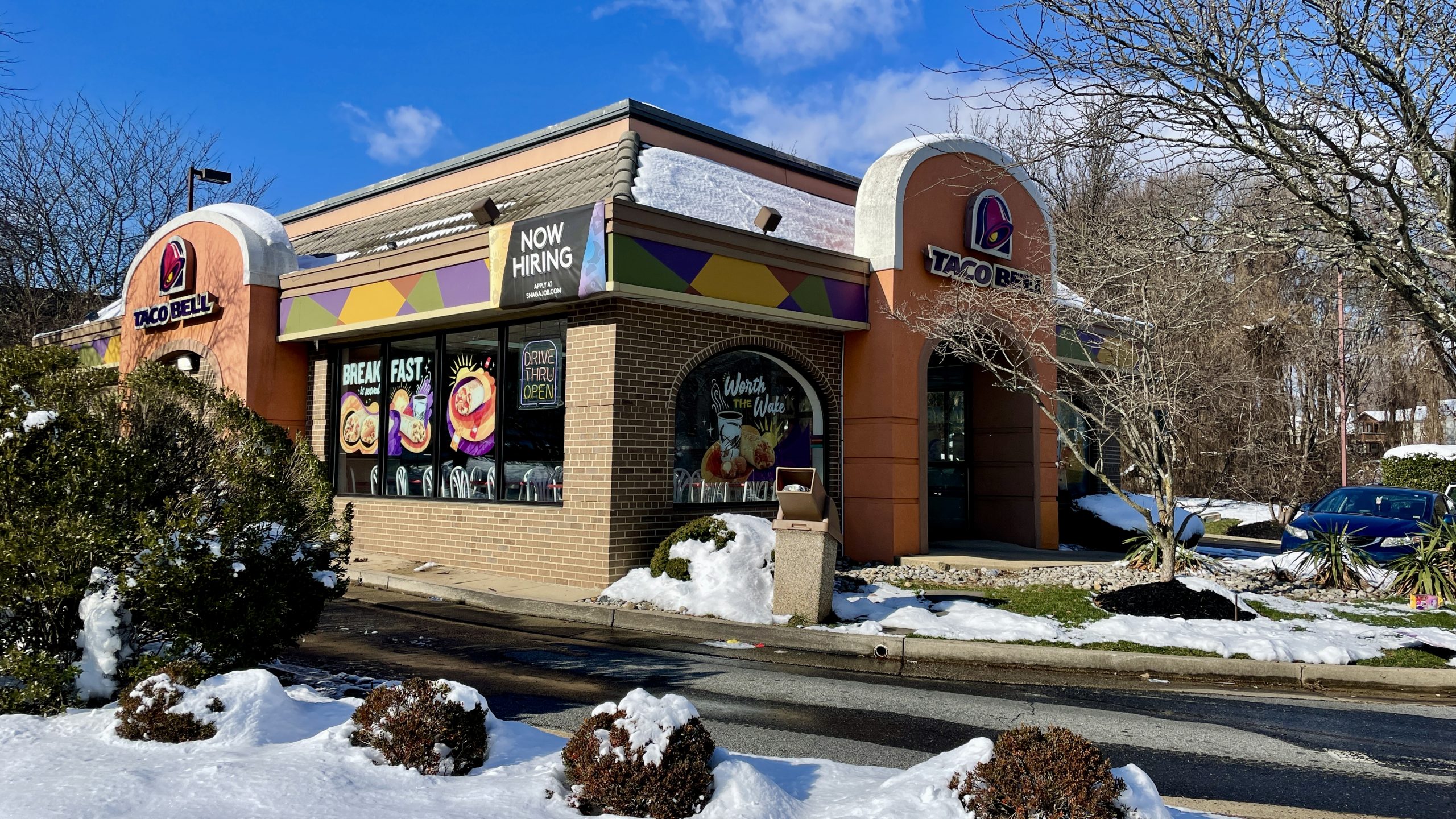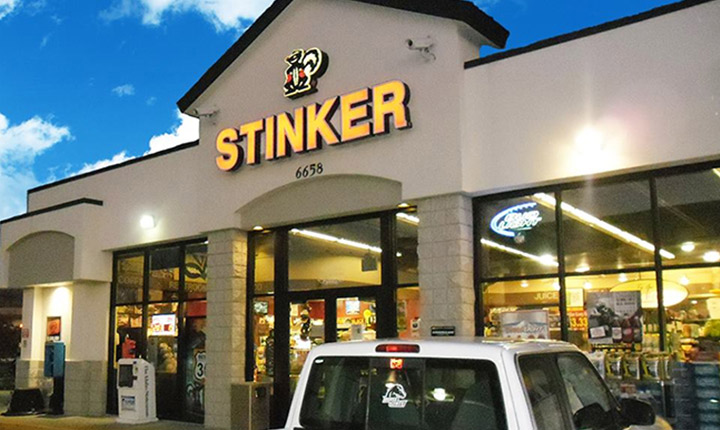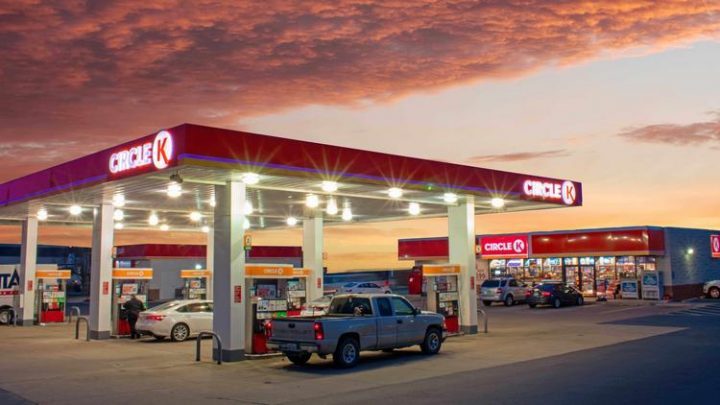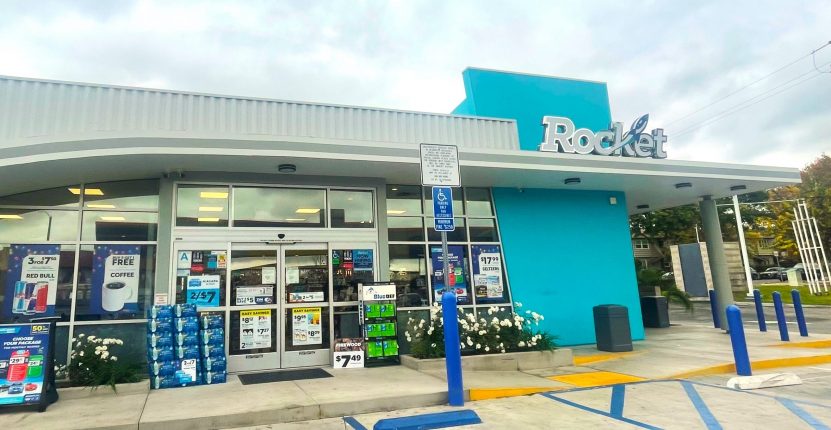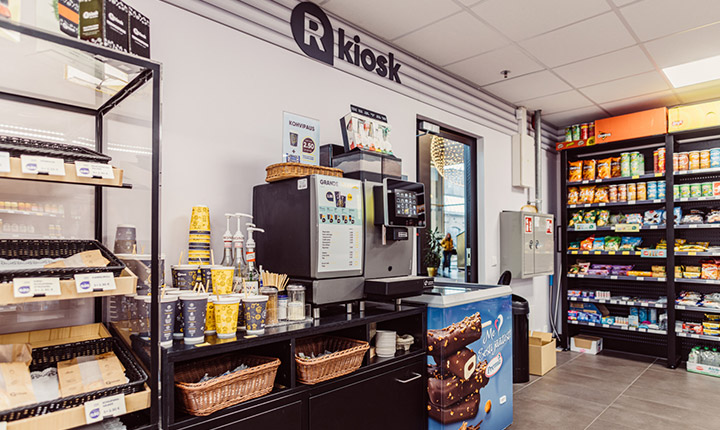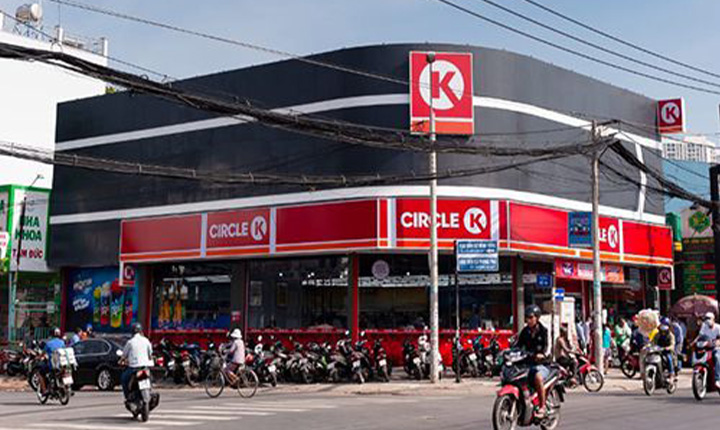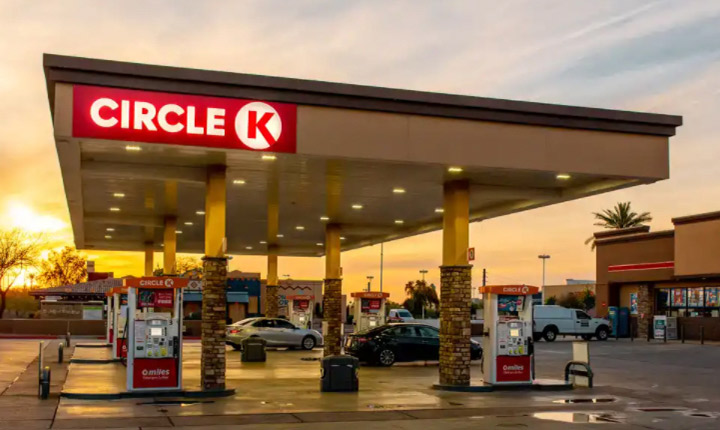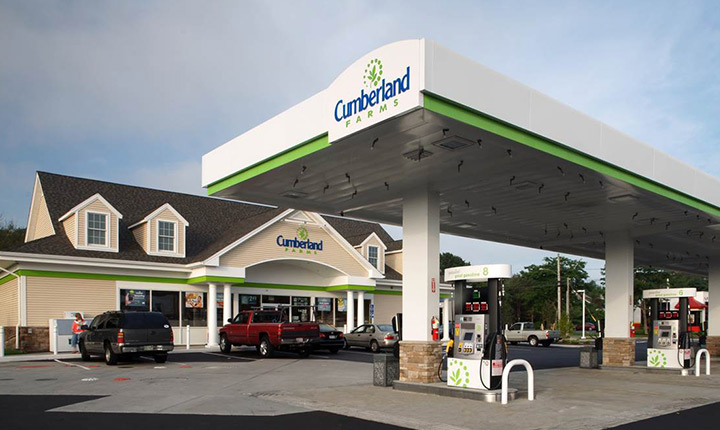Having proven the power of a flat rate subscription model for the global fitness industry, Mary Biggins the co-founder of New York-based tech company “Classpass” (now valued at over $1 billion) has spotted the next big opportunity where she believes a subscription services makes sense – lunchtime!
Her latest innovation is called Mealpal which she co-founded with Katie Ghelli in 2016, and while Covid-19 has brought plenty of challenges, the firm has nonetheless successfully launched in twenty cities across the english-speaking world including the US, Canada, the UK, Australia and Singapore.
And the concept seems to be delighting both consumers and investors alike, with over 3 million meals ordered profitably in its first eighteen months alone, helping the founders raise an impressive $20 million for expansion in its most recent investment round. So what’s all the excitement about? This article explores how Mealpal differs from other food tech companies and that the model may be even more relevant now than it was before.
This brief interview from 2018 explains why the subscription model fits so well when consumer confidence is low or in times of uncertainty – undoubtedly the same context for millions of office workers throughout 2020 as they slowly return to their offices in the coming months.
Mary Biggins – Co-Founder of MealPal Explains the Model and it’s Appeal
How Does it Work:
Biggins explains their simple objective – to help their customers to eat “more intelligently”. With a single-minded focus on office workers in densely populated cities, prices for packages vary by volume. Here’s how it works:
- In the USA, users can pick either a 3 meal trial or subscribe to a meal lunch bundle. Meals are then available from as low as $2.99 for the trial or $5.69 for the ongoing subscription. The headline promise for lunch is “access to the best restaurants for under $6 a meal” and boast a “fast, fun, and efficient” way to enjoy lunch.
- Each restaurant offers ONE meal option (only) to choose from. This allows them to source ingredients at competitive prices and prepare them efficiently.
- Restaurants publish their menu option at 5.30pm each day for the following day’s lunch – and lunch ordering remains open until 1.30pm on the day lunch is being collected.
- Users log in and order their meal each day from any one of the options available in their area. In Mealpal’s home city of New York, over 1,000 options are available each day to choose from.
- Orders can also be changed until 10.30am on the day of collection.
- Subscriptions run on a rolling 30 day cycle.
- Users subscribe to 12 or 20 lunches a month, with a “roll-over” option also available.
- Certain cities are also offering dinner subscription options from $6.49 per meal.
- NO delivery is offered. Subscribers collect their lunch from the restaurants at their preferred/selected collection window (a 15 minute slot).
- ALL purchases are pre-paid and enjoy “skip the line” speed of collection.
- While commission charges are not published, anecdotal evidence indicates that restaurant partners are significantly happier working with Mealpal versus other marketing channels/partners such as Deliveroo. The founder has assured investors that the model is already profitable with no need to concede margin to win market share.
- Mealpal also allows users to “gift” a lunch subscription – either privately for individual users, or companies can also fund lunch for staff if they choose.
 Mealpal packages in the USA average just $6 per meal and users skip the line every time.
Mealpal packages in the USA average just $6 per meal and users skip the line every time.
Win, Win, Win
This innovative idea, while it might take time to educate both consumers and merchants and therefore become mainstream, certainly benefits all users:
- Consumers can plan and look forward to a tasty and affordable lunch – without the hassle of queueing to pay in store. They can choose a local favourite or continually try new options. While the need to collect their lunch may not always be convenient, users can choose their meal in advance and then look forward to leaving their desks at least once a day. The platform offers users the chance to rate the meals after they’ve ordered, allowing other users to find the great options they might not otherwise have seen. In another recent development, the platform has added a “bot” to train the platform to exclude menu options that a user specifies – for example users who dislike a certain ingredient (or perhaps suffer allergies or sensitivities) will never be offered choices with those ingredients again. This sounds like a huge relief for weary diners having to otherwise repeat their sensitivities on a daily basis.
- Restaurant partners enjoy the “holy grail” of meals that are actually planned in advance so they can prepare what they need and avoid waste. They also enjoy a predictable fixed price per meal and enjoy up to date information from the platform on what dishes are proving popular with users. Great dishes drive customer loyalty.
- Mealpal of course operates the technology and without the headache of a delivery option, they avoid the expense of creating and supporting the complicated and expensive logistics that other food-tech platforms incur. Instead they can focus their efforts on recruiting merchants and delighting users – the same “matchmaking” service that made Classpass such an outstanding success.
Covid Challenges and Innovation
As mentioned earlier, Mealpal has also found itself needing to evolve its model to cope with to the almost total absence of office workers during the global pandemic and lockdown. One interesting option it has trialled in New York is the option to pre-order and pay for groceries rather than meals – following their business model principles of a select and pre-defined package on offer, however it’s not being sold on the subscription basis that the company leverages so successfully otherwise. It was built in a week and is called the “MealPal Marketplace” – focused on simply delivering value and convenience through their digital platform in an otherwise derelict market.
In the Australian market, Mealpal has evolved to a more general “membership” model which allows members to access high end restaurants while still offering flexibility of choice, great value and pre-payment. She explains the priorities for success: “You have to save consumers money and you have to make the experience better”.
Future Focused
Prior to the pandemic, in a typical week, MealPal was driving more than $1 million in sales to restaurants in 20 markets globally and to date it has facilitated more than 30 million reservations. While there are no guarantees for any business’s future in these unprecedented times, our hope is that Mealpal continues to innovate and iterate and that they emerge even stronger as the world recovers.
![]()
About Us:
Liquid Barcodes is a leading global loyalty and digital marketing technology company specialising in the convenience store and foodservice industries. Our proprietary cloud-based technology platform allow retailers to create and manage their digital marketing campaigns with a proprietary process we call the “customer connection cycle’ to engage, promote and reward customers activities in real-time across digital and media channels.
How we do it:
We have developed the most advanced loyalty and digital marketing technology platform specifically for convenience store and foodservice retailers globally.
Retailers use our self-service dashboard to create and manage loyalty driven marketing campaigns that increase purchases with their existing customers, as well as effectively target and acquire new customers through partners or paid media channels.
One core component of live loyalty is gamification. We have gamified branding, loyalty and promotions. We believe this approach is essential in order to get customers’ attention and ultimately truly engage them with repeatable actions thereby winning their loyalty.
Check out some of our exciting/proven results here:
About Me:
Chief Content Officer, Liquid Barcodes and Independent Loyalty Consultant
With over twenty-five years marketing experience, I specialise in loyalty marketing consulting, managing consumer loyalty propositions, strategy and operations. In addition to working with Liquid Barcodes, my clients have included Telefonica O2 Priority, Three Mobile, Electric Ireland, Allied Irish Bank and The Entertainer Group (UAE), as well as Avios – the global points currency for some of the world’s top airlines. I am also a former judge for the Loyalty Magazine Awards and host of the “Let’s Talk Loyalty” podcast.
—————————————————————————————–


